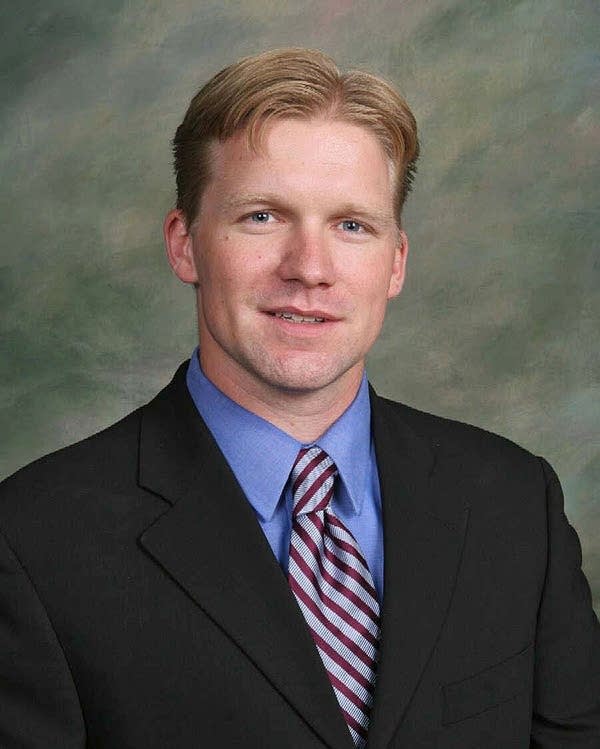Health overhaul may give consumers at least a chance of making informed choices

Last month's health care legislation may not be a cure-all, but it helps give America's new compulsory health insurance consumers a fighting chance.
I'm a doctor, and a blogger. I've bought a new health insurance policy every month since July. During that time I've heard a lot of opinions about how to best fix the consumer health insurance market, mostly from people who have never used it. Every 30 days I have compared a confusing array of policies and tried to figure out the best value. What I have learned is that if Washington is going to mandate that every citizen buy health insurance, Washington is going to have to make it easier for us to find a good deal.
Cost is a big challenge. I'm not thrilled about making every American a compulsory consumer without a guarantee that the products offered will be affordable. In fact, the new reform places a lot of responsibility for affordability not on the practitioners providing health care or on the bureaucrats financing it, but on the average consumer and on the power of competition.
Instead of engineering a public option where the government would guarantee the affordability of at least one product, and instead of directing the government to cut out the middle man by constructing a single-payer system, the new reform relies heavily on consumer pressure to keep a lid on costs. This strategy has not been remotely effective in the current health insurance climate, but with some of the changes that have been proposed, consumers like me might have a fighting chance.
Create a More Connected Minnesota
MPR News is your trusted resource for the news you need. With your support, MPR News brings accessible, courageous journalism and authentic conversation to everyone - free of paywalls and barriers. Your gift makes a difference.
I'm no economist. I learned about the idea of economic competition in high school. My understanding is that, when companies have to compete for a customer's business, the result is likely to be improved quality at a lower cost. Customers who are free to shop around and compare products will naturally chose the better value.
Anyone who's had to actually buy insurance lately knows that the current market presents significant barriers to the consumer's ability to shop around for the best deal, thus limiting the power of competition to improve value. The main problem lies within health insurance products themselves.
Today's insurance providers often cut costs by limiting coverage. Their most affordable products exclude coverage for preexisting conditions, impose caps on annual benefits and even reserve the right to drop coverage altogether. (That's on top of things like deductibles, co-pays and coinsurance.) While these exclusions may make policies cheaper, they have also led to a market with a dizzying array of products whose relative values and liabilities are difficult to assess.
For a consumer to find the best deal he almost needs an actuarial degree. How do you assess the risk that a given plan will exclude something as a preexisting condition? How do you judge the risk that your health care bills might exceed your annual cap if illness strikes? How do you assess the likelihood that the cheaper insurer might be more motivated to drop your coverage? With so many unknown variables, you start to feel like you're not really shopping for the best deal as much as you are simply speculating with your own health.
The steps that health care reform is taking to limit these complicated exclusions in health insurance policies should make the market more manageable for the average customer. It sets some reasonable minimum standards similar to those in any other type of economic market. In the same way you expect the gallon of milk you just bought to actually contain milk, consumers should be able to expect that the health insurance policy they bought actually insures their health instead of just being a financial product with health insurance-like qualities.
I don't think the health care reform package is perfect, but if it helps me as a consumer shop for a better deal and helps me as a physician by phasing out some of the exclusions that limit my patients' care, it's a step in the right direction.
----
Will Nicholson, M.D., practices family medicine in Maplewood and blogs at triagepolitics.com.
